"student" blog posts
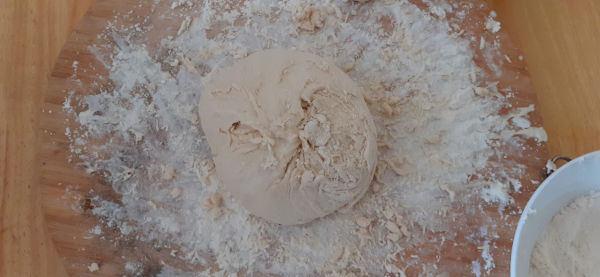
Foundation Week: a story of potatoes, bread and clay
First year BA Egyptology student Taida Besirevic shares their experience of Foundation Week, where they got involved with baking Roman flatbread and creating Egyptian-style pottery.
Posted on: 5 November 2020
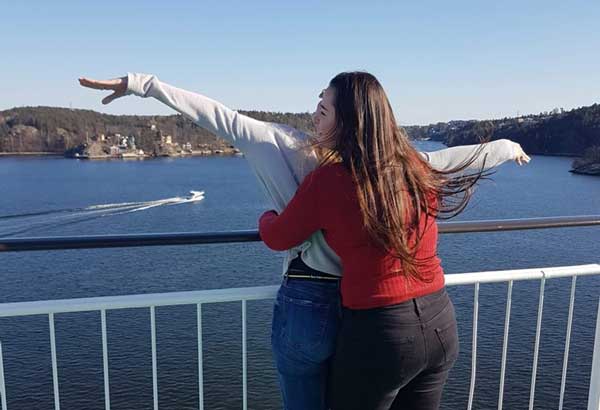
Talking mental health on your year abroad
Third year Classical Civilisations and Egyptology student Charlotte Wylie discusses managing mental health issues during her semester abroad in Copenhagen.
Posted on: 11 March 2020
.jpg)
Amelia Edwards: An International Women's Day Special
Amelia Edwards was a prominent travel writer and Egyptologist. On her travels throughout Egypt she famously wrote the travel text 'A Thousand Miles up the Nile' which provided a vivid and detailed account of the environment, monuments and local customs seen all over Egypt. In particular, Edwards' illustrations in this text opened up to new audiences the wonders and splendours of this little known country.
Posted on: 6 March 2020
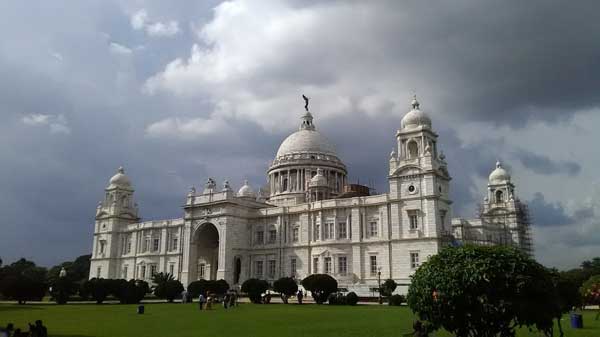
Vindaloo, Victorians, and Ancient Greek Colonisation Part 2: Intermarriage
While studying Ancient Greek Colonisation and British Imperial Thought (ALGY 336) we examined the theme of intermarriage between Greek settlers and the ‘Barbarians’ they met. Archaeologist Anthony Snodgrass examined parallels between this and the British Empire, arguing that marriage between British officers and local women as positively encouraged in Calcutta (now Kolkata) and Burma (now Myanmar) during the early British Empire but it was later outlawed when Victorian pseudo-scientific ideas about race appeared. The same was true of the ancient Greeks. According to Aristotle, the founder of Massalia (now Marseilles) married a local Celtic princess but after the Persian Wars Greek attitudes to ‘Barbarians’ solidified and became negative.
Posted on: 21 February 2020
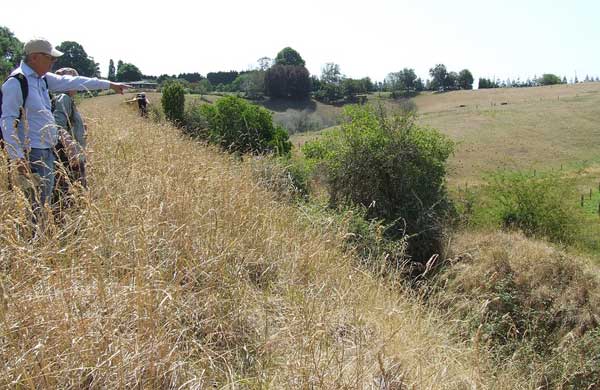
Managing and interpreting Maori heritage: Pā today
Professor Harold Mytum concludes the blog series from his visit to New Zealand by exploring the relationship between the hill forts and contemporary Maori culture.
Posted on: 18 February 2020
,-Rohini-Chavda-(Egyptology-&-Ancient-History),-and-Muhammad-Abbas-Ghafoor-(Ancient-History).jpg)
Vindaloo, Victorians, and Ancient Greek Colonisation Part 1: Hybridity
The Ancient Greek Colonisation and British Imperial Thought (ALGY336) module examines how academic understanding of ancient Greek overseas settlements was influenced by Victorian ideas of race, gender, and empire. This happened because British scholars made analogies between the ancient Greeks and the contemporary British Empire that they lived in, projecting their own imperialist values back onto history. Even the Victorian Prime Minister William Gladstone said in the House of Commons that the British Empire should treat its colonies like the Greeks had done theirs. We then applied Postcolonialism to critically consider relationships between ancient Greeks and the Celts, Sikels, and Egyptians that they encountered.
Posted on: 12 February 2020
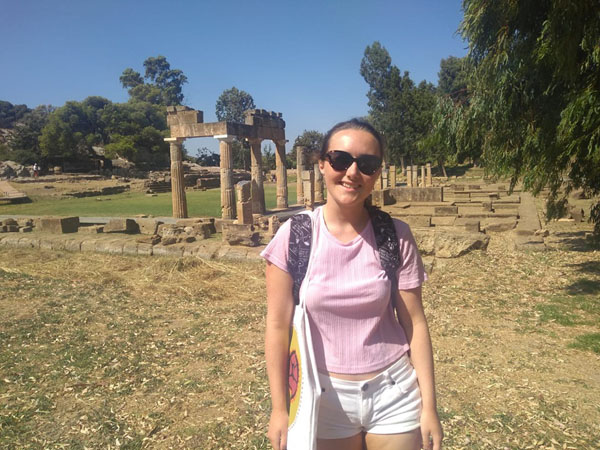
Exploring The Archaeology and Topography of Greece
Niamh Banner (BA Classical Studies with Spanish) shares her experience at the British School at Athens on their Undergraduate Course: a three-week intensive course exploring ‘The Archaeology and Topography of Greece’ with lectures at dozens of sites, museums and even artefact handling sessions in the BSA fitch laboratory.
Posted on: 10 February 2020
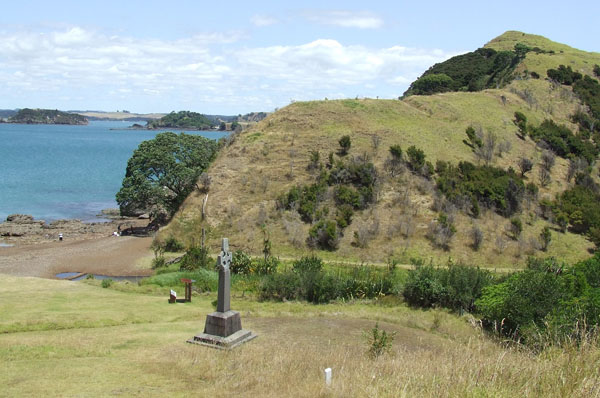
The Maori and Colonial contact: Pā in their landscape context
The more pā sites Harold Mytum has visited as part of the Hill Fort Study Group (HFSG) visit, and we learn of the early relationships with the British, the more it is clear that the indigenous groups wielded considerable influence in the early decades of contact. The ways in which the Maori leaders of iwi (the largest kinship grouping) used interactions with foreigners for their own social advantage are clear.
Posted on: 6 February 2020
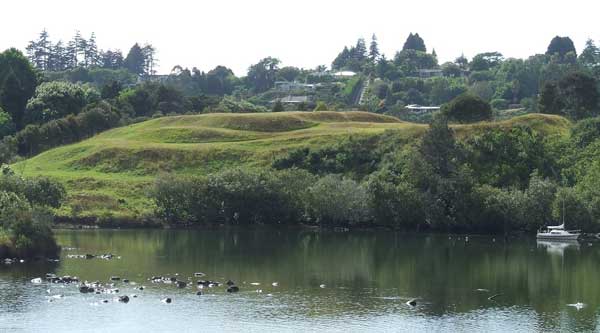
Maori Pā: Hillforts from Prehistory to the Present
Harold Mytum has joined the Hill Fort Study Group (HFSG) study tour of sites in the North Island of New Zealand, home to the greatest concentration of Maori at the time of Captain Cook and indeed still so today.
Posted on: 31 January 2020
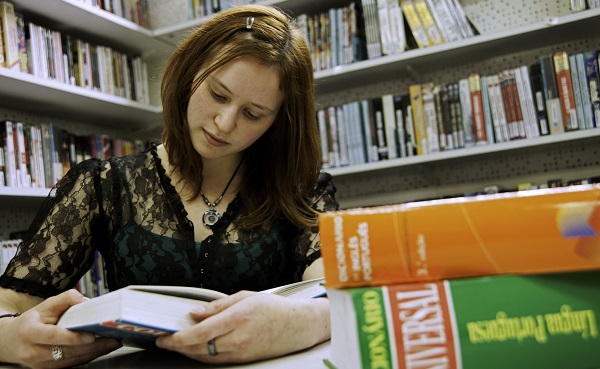
Our top revision tips for exam season
It’s that time of year again. But you’ve got this. Deep breath.
Posted on: 6 January 2020
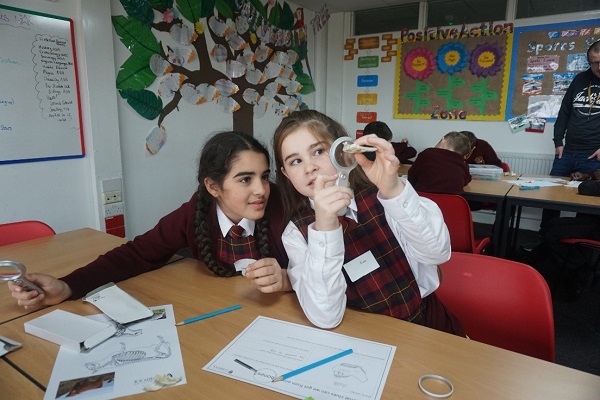
Local Primary School Learns All Things Ancient History with IntoUni
Children from local schools in Anfield took part in a special week-long focus on Ancient History. Kristian Boote, PhD Student in Evolutionary Anthropology, provides an overview of the week.
Posted on: 16 December 2019
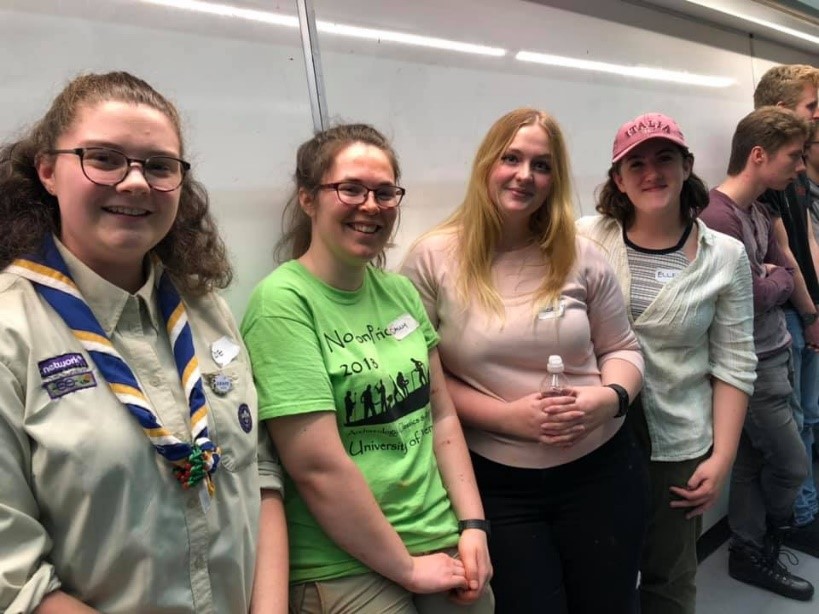
Brownies Dig the Dirt on Archaeology
Our Archaeology students welcomed a local Brownie group to learn all things Archaeology for the Science Jamboree with Merseyside Scouts.
Posted on: 4 December 2019
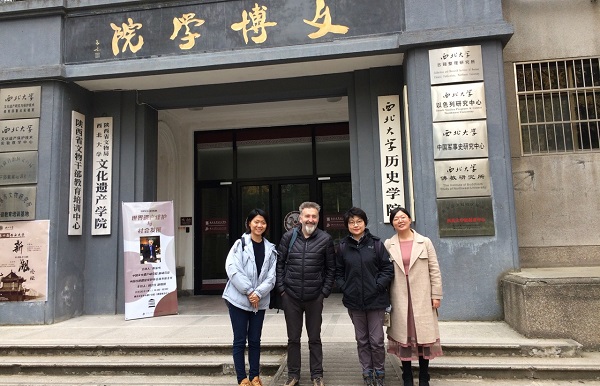
Gallery: Professor Keith Dobney travels inland to further explore Chinese archaeology and culture
After several weeks in Shanghai, spent writing, lecturing and discussing labs and potential projects, I headed northeast and inland to Xi’an where I visited colleagues in the large Department of Archaeology, School of Cultural Heritage, Conservation and Restoration at Northwest University.
Posted on: 28 November 2019
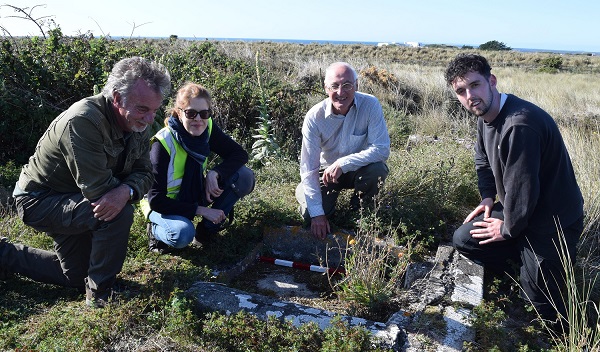
Mapping Jersey’s forgotten military past
Jersey is well known for its World War 2 military remains that are scattered across the island, relics of the Nazi occupation. Many are tourist attractions, and both local inhabitants and visitors are well aware of this aspect of Jersey’s heritage. Much less well known, however, is that Jersey’s contribution to the British war effort in World War 1 included not only sending men and women to join the armed forces, but also housing German prisoners of war.
Posted on: 18 November 2019
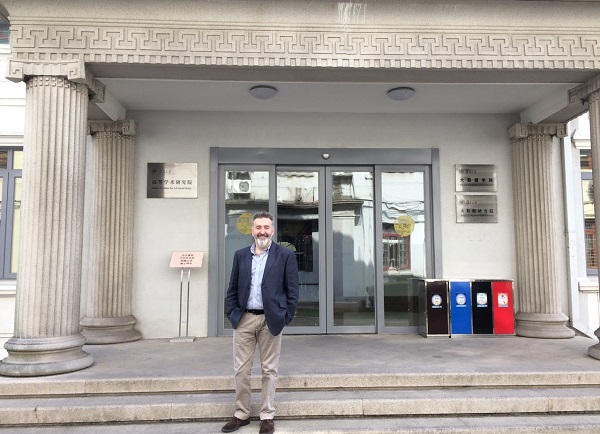
Gallery: Professor Keith Dobney invited to Institute of Archaeological Science at Fudan, China
I’m here for the whole of November at the kind invitation of my good friend and colleague (Professor Yuan Jing) who is the Director of a newly established Institute of Archaeological Science at Fudan. I’ll be giving some public lectures, meeting students and staff, attending lab meetings, doing some guest teaching and discussing new facilities, research collaborations and links with ACE.
Posted on: 14 November 2019
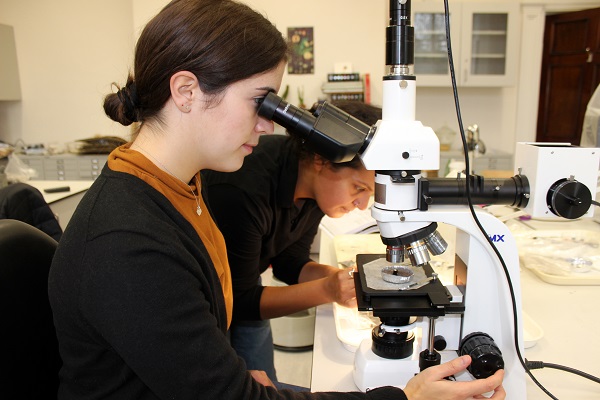
Bio: Sydney Hunter, Fulbright Scholar at the University of Liverpool
During the academic year 2019-20 we are very happy to welcome to the department Fulbright scholar Sydney Hunter, who is pursuing an MA in Archaeology. The prestigious Fulbright program allows the exchange of knowledge and cultural experiences between the United States and the other participating countries. It is a life-changing opportunity that helps build stronger career profiles, and provides students with new connections to other scholars in the field and access to different approaches to research.
Posted on: 12 November 2019
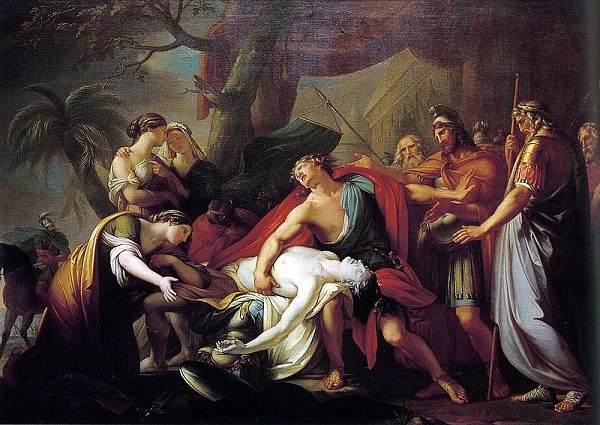
Achilles and Patroclus — more than friends?
Charlotte Wylie (BA Classical Studies with Egyptology), Eleanor Fussell (BA Classical Studies) and Christian Shrier (BA Ancient History) ask whether there is more to the relationship between Achilles and Patroclus than meets the eye.
Posted on: 25 October 2019
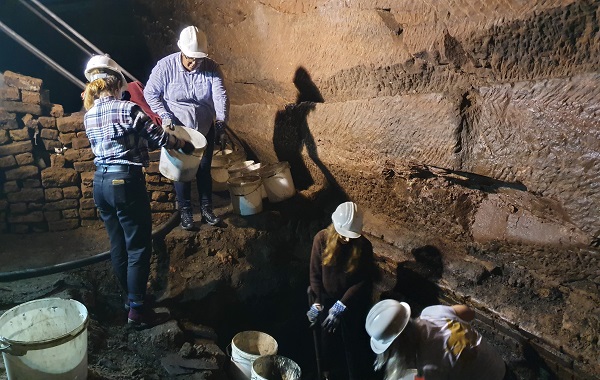
SACE Digging Day at the Williamson Tunnels
Following their trip to the Williamson Tunnels Heritage Centre, Megan Clark discusses a successful day spent digging by the Society of Archaeology, Classics and Egyptology.
Posted on: 17 October 2019
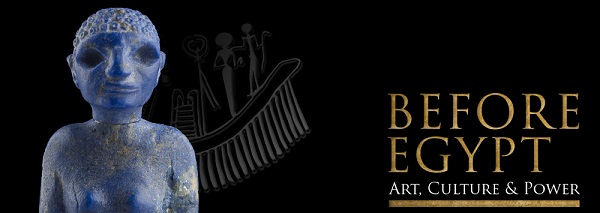
Before Egypt app launch — bringing the Garstang collection to life
Dr Ardern Hulme-Beaman and the ACE photogrammetry team introduce the Before Egypt app — a new augmented reality app from the University of Liverpool's Department of Archaeology, Classics and Egyptology created to bring objects from the Garstang Museum's collection to life.
Posted on: 9 October 2019
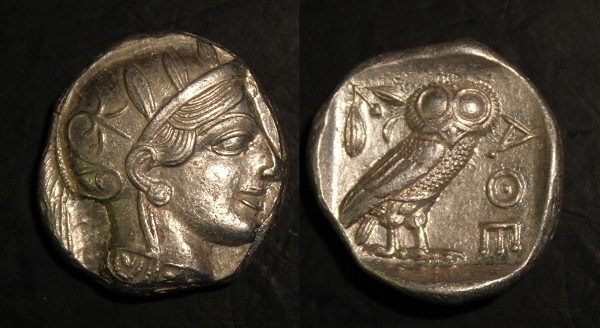
Introducing the 2019/20 Work in Progress seminar series
The Work in Progress seminar series is a weekly selection of papers presented by postgraduate researchers to an audience of specialists and non-specialists alike.
Posted on: 2 October 2019
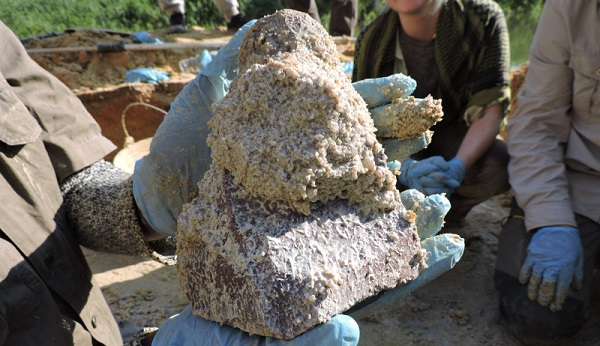
The crunch – and a time for dancing
Larry Barham, Professor of African Archaeology at the University of Liverpool, is Principal Investigator of the AHRC-funded Deep Roots research project, which seeks to gain a greater understanding into the origins of human technology by excavating areas of interest in Zambia. Read an excerpt from his blog following an excavation that took place in the summer, and watch as an Early Stone Age artefact is uncovered at the site of Kalambo Falls.
Posted on: 30 September 2019
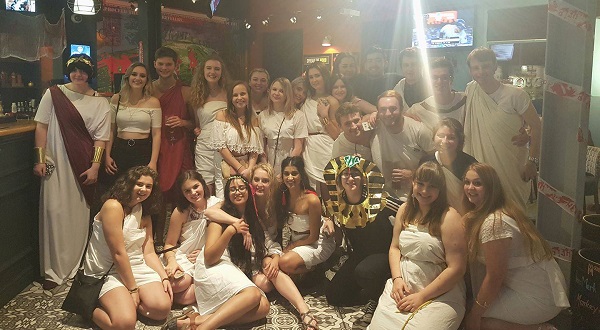
Q&A: The Society for Archaeology, Classics and Egyptology (SACE)
With Welcome Week now upon us, students may be looking to join societies and make new friends with similar interests. With this in mind we spoke with SACE, the Society for Archaeology, Classics and Egyptology at the University of Liverpool, to find out what the society has to offer.
Posted on: 17 September 2019
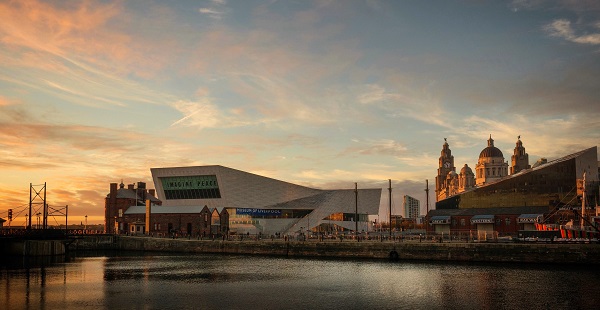
Five things to do during Welcome Week
Welcome Week kicks off on Monday, giving new students the opportunity to get to know their new flatmates, explore Liverpool and settle in before they start lectures. Take a look at our top five tips to help you get started with university life.
Posted on: 13 September 2019
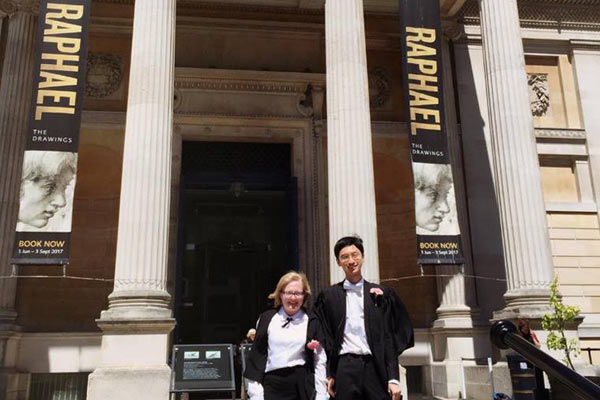
From the Ancient World to the near future - skills that can help you stand out from the crowd!
How has one of our archaeology MA students been using her skills outside of university studies? Chloé Agar tells us more about how the content of her degree is helping her explore different career ideas for the future, outside of academia
Posted on: 29 January 2018
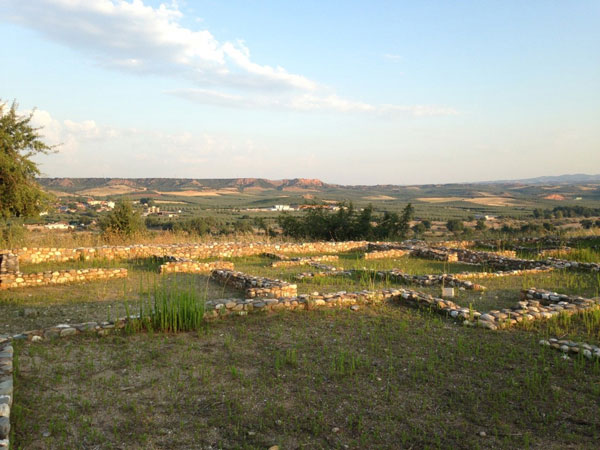
Excavations, new skills and adventures in Halkidiki
In its time, Olynthos was an ancient classical Greek city in the Halkidiki region of modern-day Greece. The city sprawled across the two massive hills that dominate the surrounding landscape until its destruction in 348 BC by Philip II (Alexander the Great’s dad).
Posted on: 9 October 2017
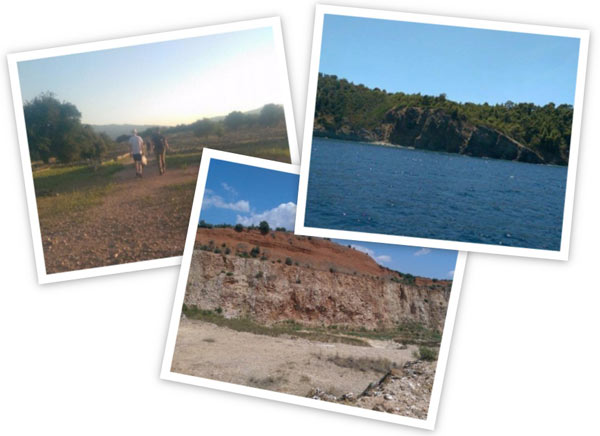
Student experience - discovering ancient and modern Greece
Archaeology student Jake Morley-Stone gives us the lowdown on his research in Greece and how The Chris Mee Mediterranean Travel Award enabled him to make the trip. Find out how this experience has transformed his research on Ancient Greece.
Posted on: 20 April 2017
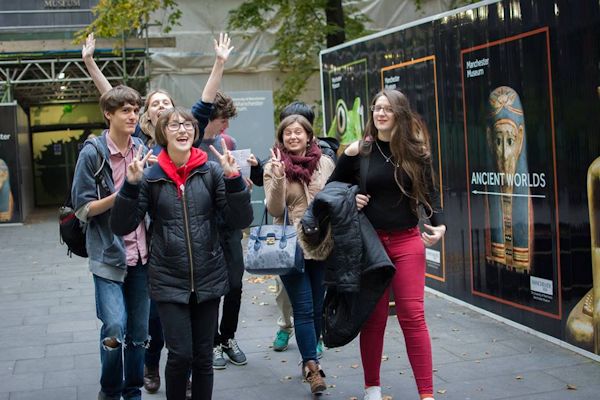
A student's view - behind the scenes at Manchester Museum
First of all, a big thank you to everyone that came on our trip and also to Dr. Campbell Price at Manchester Museum for taking us around and putting up with us all afternoon!
Posted on: 18 November 2016
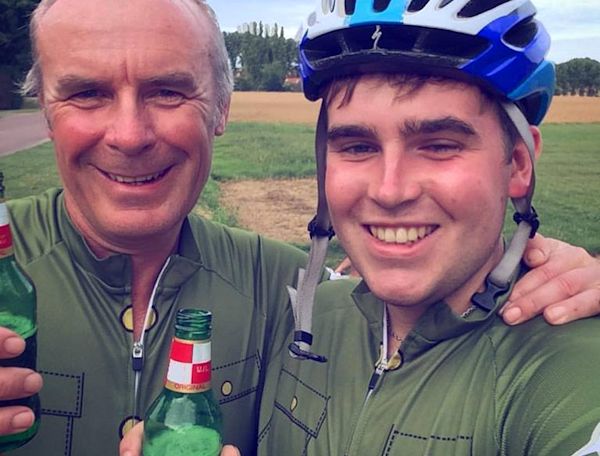
Archaeology student's 'Ride to the Somme'
It's great to hear back from students about what they've been up to over the summer, so we were pleased to get word from Ancient History & Archaeology student Sam Vaughan about his recent cycling odyssey!
Posted on: 27 September 2016